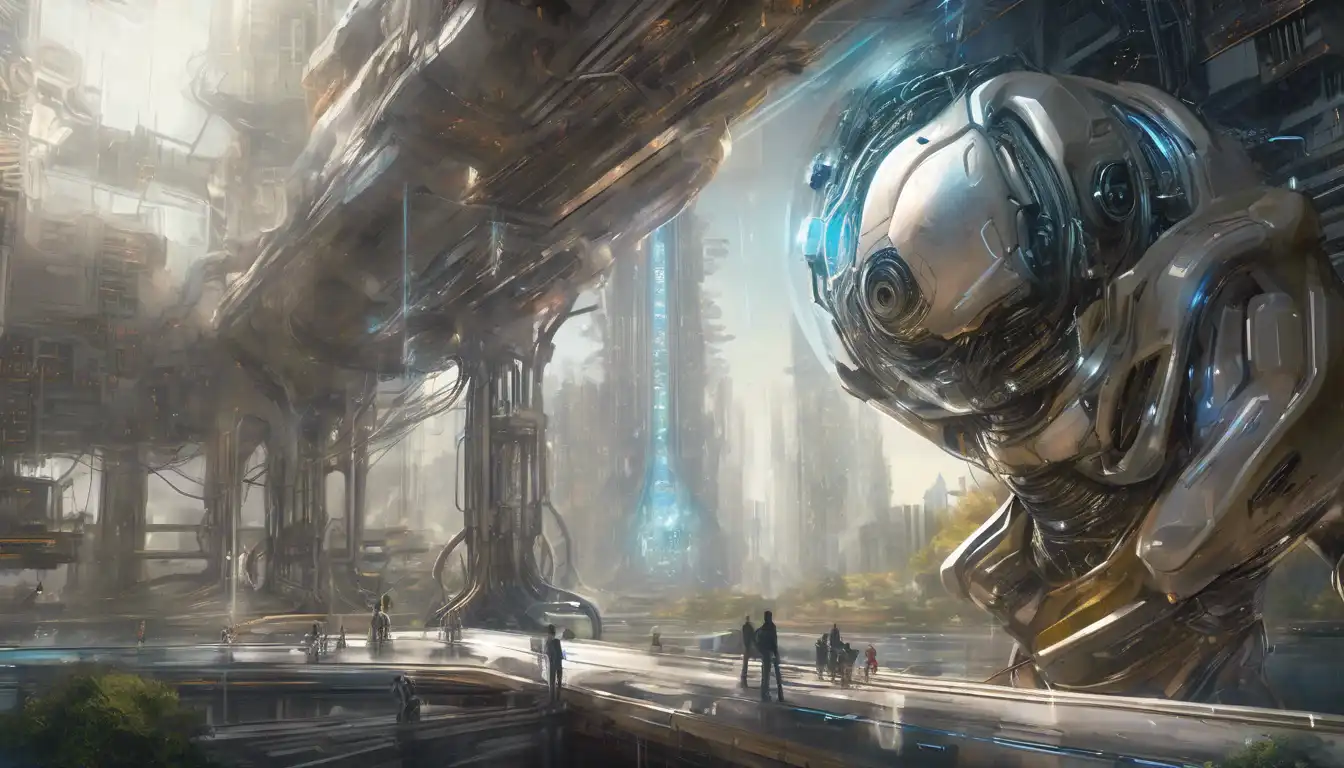Introduction to Artificial Intelligence's Evolution
Artificial Intelligence (AI) has transitioned from a futuristic concept to a cornerstone of modern technology. Its rapid evolution is reshaping industries, enhancing human capabilities, and redefining what's possible. This article delves into the current state of AI, exploring its advancements, challenges, and the potential it holds for the future.
The Current Landscape of AI
Today, AI is more than just algorithms and data; it's a transformative force across sectors. From healthcare to finance, AI's applications are vast and varied. Innovations like machine learning, natural language processing, and robotics are driving this change, offering unprecedented efficiency and insights.
Key Advancements in AI
- Machine Learning: AI systems can now learn from data, improving their accuracy over time without human intervention.
- Natural Language Processing (NLP): Enables machines to understand and respond to human language, powering chatbots and virtual assistants.
- Computer Vision: AI can interpret and analyze visual information, revolutionizing fields like security and automotive.
Challenges Facing AI Today
Despite its progress, AI faces significant hurdles. Ethical concerns, data privacy issues, and the risk of job displacement are hot topics. Addressing these challenges is crucial for sustainable and equitable AI development.
Ethical Considerations
The rise of AI brings forth questions about morality and fairness. Ensuring AI systems are unbiased and transparent is paramount to gaining public trust and fostering inclusivity.
The Future of AI: What Lies Ahead
The potential of AI is boundless. With ongoing research and development, future advancements could lead to more personalized healthcare, smarter cities, and even the exploration of space. The integration of AI with other technologies like blockchain and IoT promises to unlock new possibilities.
Preparing for an AI-Driven Future
As AI continues to evolve, so must our approach to education, policy, and innovation. Embracing lifelong learning and fostering collaboration between humans and machines will be key to navigating the future successfully.
For more insights into the transformative power of technology, explore our technology trends section.
Conclusion
Artificial Intelligence is not just shaping the future; it's defining the present. By understanding its current trajectory, we can better prepare for the opportunities and challenges it brings. The journey of AI is far from over, and its full impact remains to be seen.
